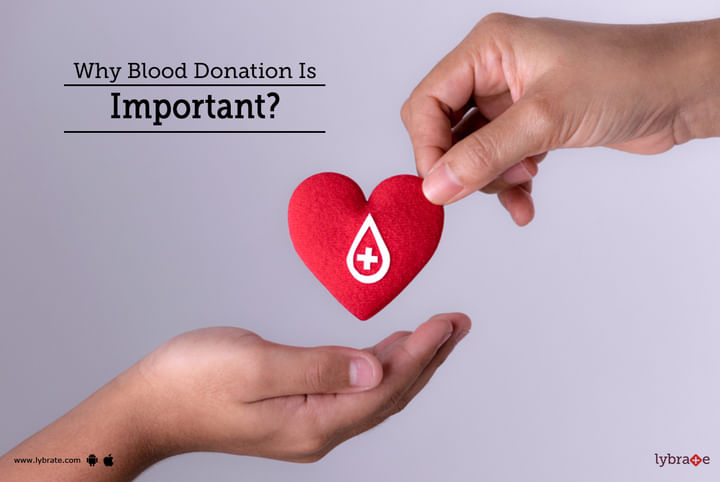Why Blood Donation Is Important?
Blood is one of the most crucial elements of human existence. It works as a commute for oxygen and various nutrients in reaching the cells. These functions make blood a vital source for the body to operate. That said, India needs 38,000 blood donations every day, which adds up to 5 crore units required in a year. However, only 2.5 crore units are available against the huge unfulfilled numbers. Hence, it is essential to recognize the importance of blood donation.
Why is blood donation important?
While blood donations are essential to help people with surgeries, they are equally vital during cancer treatments, chronic diseases, and gruesome injuries. Moreover, they also benefit the donors in a significant way.
Types of blood donations
Blood donations are of several types through which a single donor has the potential to help nearly three people.
Whole Blood donation
It is the most common process of donating blood. One pint of blood collected supports numerous patients in the process. It is, then, divided into different components that aid the donation.
Plasma donation
The process of plasma collection is carried out through a method called apheresis. It divides plasma from other blood components. Its blood clotting abilities help trauma patients and people undergoing cancer treatment.
Platelet donation
The collection of platelets is also done using apheresis. Once identified in the donor’s blood, the RBCs and the donor gets other fluids back. Cancer patients are the chief beneficiaries of platelets as they play a prominent role during cancer treatments.
Double red cell donation
Red blood cells are also collected through the apheresis process. It helps donors to donate twice the dose of a whole blood donation. One can help a patient suffering from blood loss using this method.
Advantages of blood donation
Blood donations have several advantages that people should know. They help fight many severe health conditions in the human body. Some of them include-
-
Loss of blood due to internal or external injuries caused by accidents
-
Sickle cell disease or other abnormalities that affect the blood
-
In the treatment of cancer
-
Cardiovascular or orthopedic surgeries
-
Blood disorders
-
Transplant processes
-
Treatments involving plasma
Covid-19
According to Food and Drug Administration (FDA) reports, patients who have recovered from COVID-19 can help others by donating blood plasma. They contain antibodies that fight the infection, helping their body fight the virus.
Benefits for the donor
Even the donors receive many health and social benefits because of blood donation. Where donated blood saves lives, experts suggest that donors can also benefit from the same. Some of these advantages include:
-
Boosting Cardiovascular health
-
Maintaining blood pressure
-
Contributing to the community
-
Reducing the iron levels
-
Improving overall health



+1.svg)
